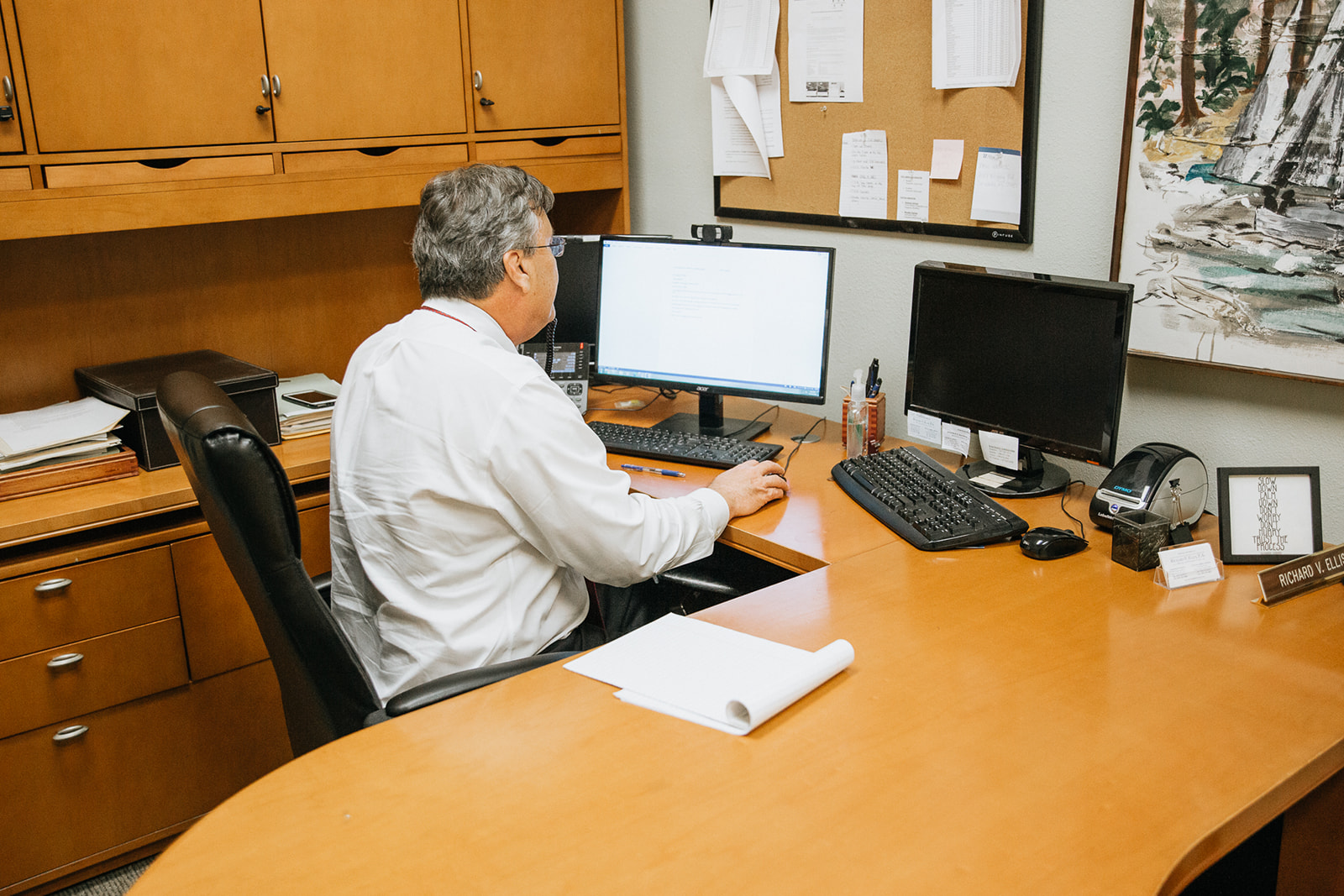Running a small business has always been a tricky proposition. Unfortunately, the statistics are not in your favor, with only 1 in 5 new small businesses still standing at the end of their first year. Of those, only half will make it to the five-year mark.
Small business has experienced an incredibly challenging year due to the COVID-19 pandemic. Even those who began 2020 in a strong position found themselves struggling due to lockdowns and mandates, which resulted in significantly decreased revenue for many. With no definitive end in sight, many have no choice but to declare bankruptcy.
Bankruptcy Defined
Bankruptcy is processed through the federal courts to assist businesses looking to eliminate debt – or pay off debt under the bankruptcy court’s supervision and protection. Business bankruptcies are also referred to as liquidations or reorganizations.
Depending on its structure, a business will choose one of three types of bankruptcy.
Types of Small Business Bankruptcy
Chapter 13 is a reorganization bankruptcy normally utilized by individuals, but as individual owners run sole proprietorships, it is also applicable. The goal of this bankruptcy action is reorganization and repayment, not liquidation.
A repayment plan is filed with the bankruptcy court and outlines how debts will be paid. Chapter 13 allows a sole proprietor to remain in business as they repay their debts.
What are Sole Proprietorships?
Sole proprietorships are business structures considered legal extensions of the business owner, who is accountable for all business assets and liabilities. Chapter 13 is the most common bankruptcy choice for a sole proprietorship.
Chapter 7 business bankruptcy is often the most viable option when the business is not expected to survive and will be liquidated. Chapter 7 is generally employed when the business’s debts are so overwhelming that restructuring them is not an option. Chapter 7 bankruptcy can be utilized for any corporate structure, whether sole proprietorship, partnership, or corporation.
Chapter 7 is also often utilized when the filing business does not have any significant assets. Before the approval of a Chapter 7 bankruptcy, the filing entity undergoes a “means” test. If their income exceeds a certain dollar amount, the application will be denied. If approved, the business is dissolved or liquidated.
When Chapter 7 is approved, a court-appointed trustee takes possession of and distributes the business’s assets, allocating them to creditors. After this process, if the company is a sole proprietorship, it will receive a “discharge”, or release from any debt obligation.
If an LLC or partnership files Chapter 7, the trustee will also sell all of the assets and distribute the proceeds among creditors.
However, these businesses will not receive a debt discharge. Discharge is considered nonessential as there will be nothing of value left after the dissolution of the company. Leaving the debt in place permits a creditor to pursue legal action against individuals when needed.
Chapter 11 may be the appropriate choice for businesses that have run into financial trouble but have a possible chance of getting back on track. Chapter 11 bankruptcy is typically utilized for partnerships, corporations, or sole proprietorships who do not qualify for Chapter 13 because of their income.
During a Chapter 11 procedure, the company reorganizes and continues operations under a court-appointed trustee, filing a reorganization plan to settle with its creditors over a period of time. The plan is presented to the creditors and the court. Chapter 11 bankruptcies can be very complex and challenging.
Small Business Reorganization Act: Passed in August 2019 and effective as of Feb. 20, 2020, the Small Business Reorganization Act provides an additional benefit to the applicant, such as not requiring creditor approval of the plan.
If your business is considering bankruptcy, you should consult an experienced bankruptcy attorney before making any major decisions. You may be able to avoid bankruptcy altogether. If not, a professional can help you to navigate the process with less stress and confusion.
Richard V. Ellis is a personal bankruptcy attorney in the Sarasota, Florida area.





